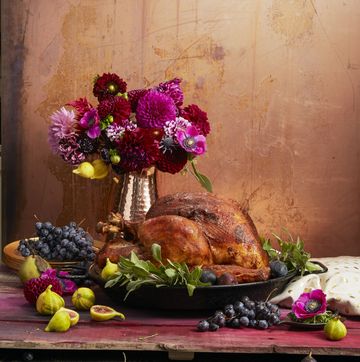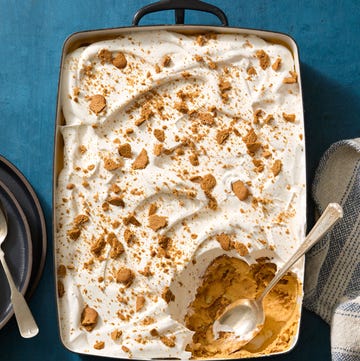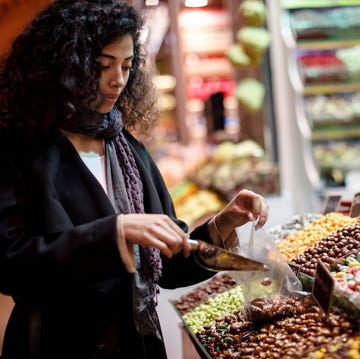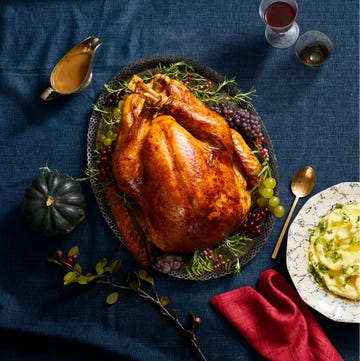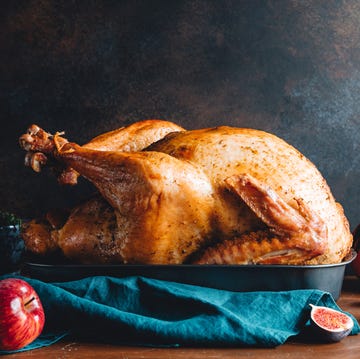No holiday table is complete without an all-star lineup of delicious side dishes, and a platter of creamy, fluffy mashed potatoes is essential to a celebration-worthy Thanksgiving spread.
If you’re skipping the boxed stuff and opting for homemade this year, avoiding these top mashed potato mistakes will help ensure you end up with stellar spuds. Mashed potatoes are perfect for pairing with a salad, crowd-pleasing vegetable sides and one of our tried-and-true turkey recipes. Let's get to it.
The Biggest Mashed Potato Mistakes
Choosing the wrong kind of potatoes
Steer clear of lower-starch varieties like red potatoes, fingerlings and new potatoes that tend to hold their shape after cooking (save those guys for a killer potato salad or roasted potatoes), and opt for starchier spuds like Russets or Yukon Golds, which provide the perfect balance of flavor, texture and mashability. You can even mix and match and use both!
Dropping potatoes into boiling water
While it might be tempting to throw your potatoes in a pot of hot water in the hopes of expedited cooking, bringing everything up to temp together helps the potatoes cook more evenly and efficiently. Otherwise, the inner parts will be underdone while the outside parts cook faster — and fall apart.
Not seasoning the cooking water
Because salt seasons the potatoes during the cooking process, it’s so important to salt the water — and don’t be afraid to be generous with it! The starch granules absorb the surrounding salted water as the potatoes simmer, creating a foundation of built-in flavor instead of bland taters that need a lot of love later on.
Adding cold dairy to potatoes
Avoid using straight-from-the-fridge dairy ingredients for your mashed potatoes. Heat milk or cream and bring butter to room temperature before adding them to your well-drained (and still-hot!) potatoes. This will help the dairy incorporate more thoroughly and easily, and as a bonus, your mash will be kept warm as well.
Overmashing your potatoes
Over-mashing cooked potatoes releases an excess of starch, which can lead to — womp womp — gluey mashed potatoes. Using a light touch and not overworking the mixture (and avoiding shortcut methods like a blender or food processor) is key to textural success. If you have one, a potato ricer can be helpful here, according to Assistant Food Editor Samantha MacAvoy: The tool breaks down the taters in one motion, minimizing the need for a ton of extra mixing.
Making mashed potatoes ahead of time
Unlike other Thanksgiving dishes that can be made in advance, mashed potatoes are best made right before serving: That top-tier texture won't lie! If that sounds stressful, here’s how to get ahead: Peel and prep your potatoes earlier in the day, then store them in a bowl of water in the fridge until you’re ready to work your spud magic or opt for a mashed potato casserole, which can be made up to 2 days in advance. And don’t forget to check out our Ultimate Thanksgiving Dinner Guide for more recipes and expert strategies for nailing the big day.




